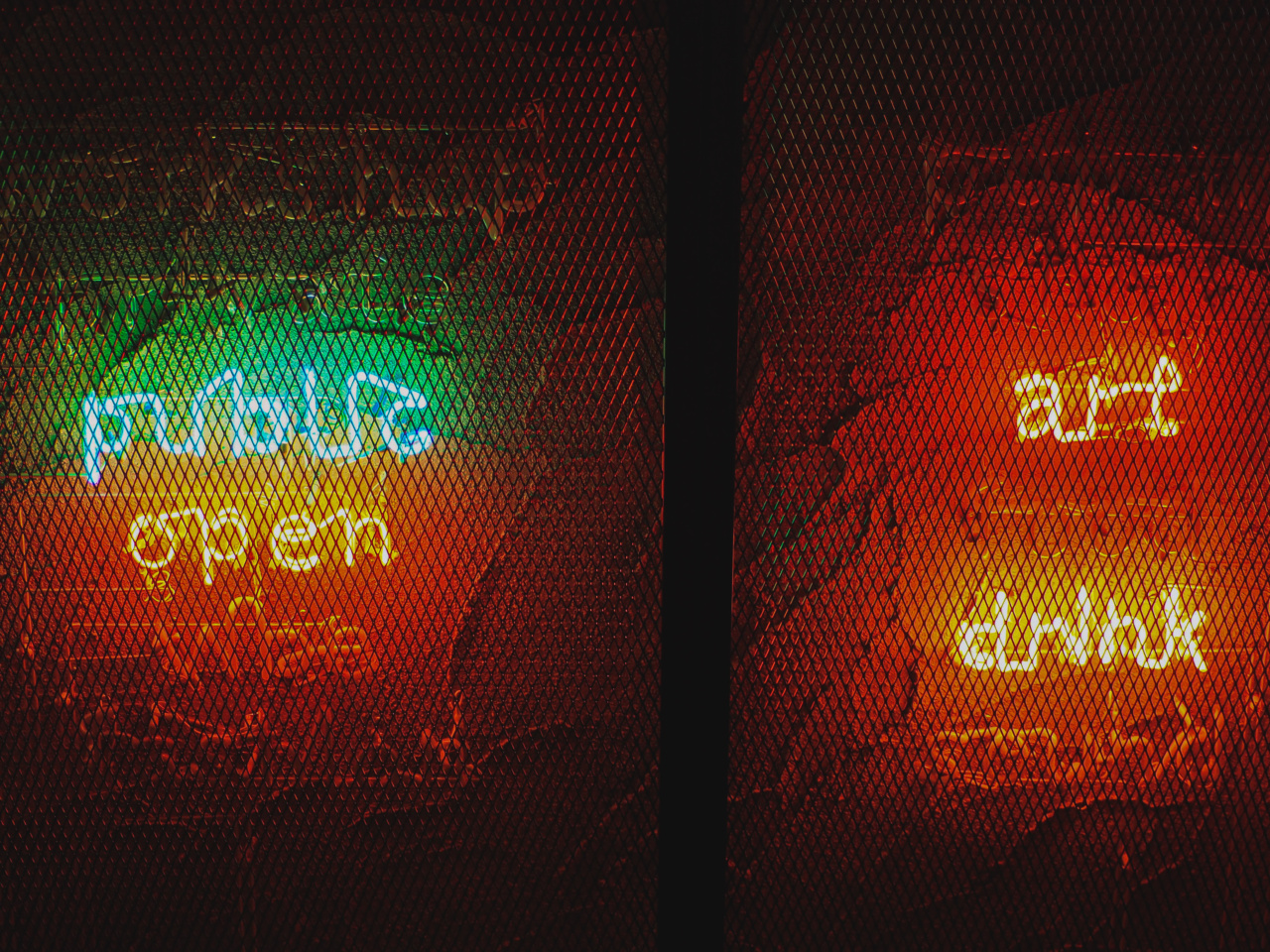Robbie Williams, the renowned British singer-songwriter and former member of the popular boy band Take That, has recently made headlines by bravely opening up about his battle with Nightlife Syndrome.
In a candid interview, Williams sheds light on the challenges he faced, his coping mechanisms, and the impact this syndrome had on his personal and professional life.
Understanding Nightlife Syndrome
Nightlife Syndrome is a condition characterized by excessive partying, late nights, and an unhealthy lifestyle.
It often affects individuals in the entertainment industry, who face immense pressure to maintain an image, achieve success, and meet demanding schedules. Williams, like many artists, fell into the trappings of this lifestyle early in his career.
The Start of the Journey
Williams’ rise to fame began in the early 1990s when he joined Take That, a boy band that quickly gained popularity.
The immense fame, constant touring, and party scene surrounding the band took a toll on Williams, who found solace in the nightlife. This marked the beginning of his battle with Nightlife Syndrome.
The Dark Side of Fame
As his career soared, Williams’ personal life started to crumble. He found himself caught in a vicious cycle of late nights, excessive drinking, and substance abuse.
The constant pressure to conform to the expectations of the industry further exacerbated his struggles with mental health, leading to periods of deep depression.
Recognizing the Problem
It was during a particularly low point in his life that Williams realized he needed to make a change. He recognized the toll that Nightlife Syndrome was taking on his physical and mental well-being and decided to seek help.
Taking the courageous step to confront his demons, Williams entered therapy and began a journey of self-reflection and healing.
Implementing Coping Mechanisms
Throughout his recovery, Williams discovered various coping mechanisms to help him overcome the challenges presented by Nightlife Syndrome.
Regular exercise, meditation, and practicing mindfulness were among the strategies he adopted to regain control over his life.
Support from Loved Ones
Williams credits the support of his family, friends, and fans as crucial to his recovery. Their unwavering love and encouragement played a significant role in helping him stay committed to his journey towards a healthier lifestyle.
By surrounding himself with positive influences, he gradually found the strength to break free from the grip of Nightlife Syndrome.
Nightlife Syndrome’s Impact on Relationships
One of the most significant casualties of Williams’ battle with Nightlife Syndrome was his relationships. The excessive partying and erratic behaviour strained his bonds with family and friends.
However, with therapy and a renewed focus on self-improvement, Williams has been able to mend many of these relationships and nurture healthier connections.
A Renewed Focus on Music and Wellness
Throughout his journey, Williams has also rediscovered his passion for music. He has channeled his experiences and emotions into creating powerful songs that tell his story and inspire others.
His music has become a bridge between his personal struggles and his desire to help those who may be facing similar battles.
Embracing Sobriety and Spreading Awareness
Williams’ battle with Nightlife Syndrome ultimately led him to embrace sobriety.
He has become an advocate for mental health, opening up discussions and raising awareness about the harmful effects of excessive partying and the importance of seeking help. Williams aims to break the stigma surrounding mental health issues within the entertainment industry and encourage others to prioritize their well-being.
Rebuilding a Life
Today, Robbie Williams has successfully rebuilt his life and continues to thrive both personally and professionally. He has found a healthy balance between his work and personal life, prioritizing self-care and maintaining a positive mindset.
A Message of Hope
Robbie Williams’ journey serves as a powerful reminder that no matter how deep the struggle, there is always hope for recovery.
Through his openness about his battle with Nightlife Syndrome, Williams offers support and encouragement to those who may be facing similar challenges. By seeking help, implementing healthy coping mechanisms, and surrounding oneself with a strong support system, it is possible to overcome the darkest periods and find light and hope on the other side.





























